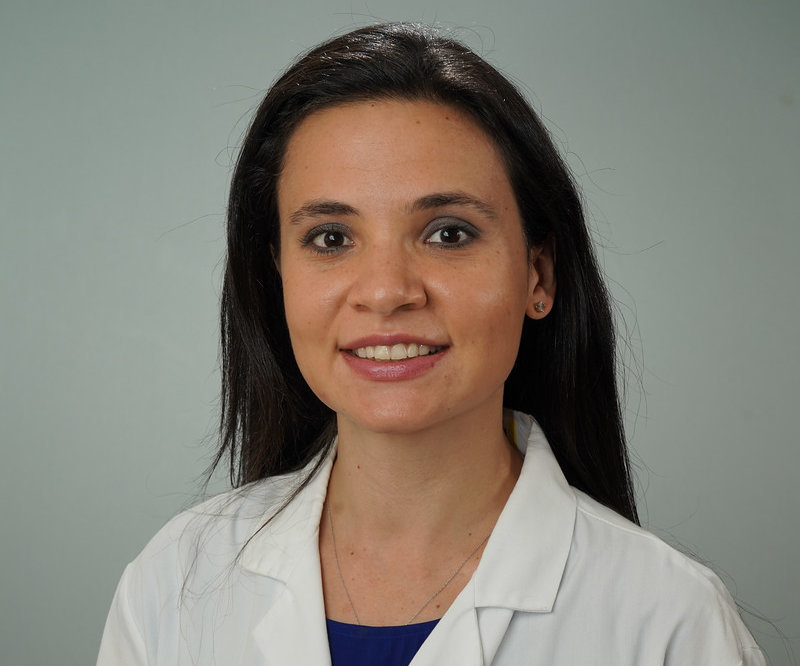With February marking the beginning of American Heart Month, a cardiologist from NewYork-Presbyterian Queens Hospital spoke with QNS about the importance of heart health for women.
According to attending cardiologist Dr. Joanna Troulakis, approximately 400,000 women die as a result of cardiovascular diseases each year in the United States. She noted that women have suffered more cardiovascular disease deaths than men in recent years. When it comes to heart attacks, the mortality rate for women is higher than men.
“The first step in improving women’s health is increasing awareness of the prevalence of heart disease in women,” Troulakis said. “Cancer is still perceived as women’s leading health problem. Younger women and certain racial/ethnic groups have lower awareness that heart disease is the leading cause of female deaths. Women are often familiar with cardiovascular risk factors in general, but not their own risks.”
Dr. Troulakis also stated that post-menopausal women are two to three times more likely to suffer from coronary artery diseases. This results mainly from the complex hormonal changes menopause causes, which can lead to adverse changes in body fat distribution and cholesterol.
Pregnancies can also be complicated by cardiovascular diseases, according to Troulakis, who said up to 4% of pregnancies are complicated by this. Many of these complications are due to hypertension and congenital heart disease. Following a pregnancy, many women are more vulnerable to high blood pressure, preeclampsia and gestational diabetes, which each drastically increase the likelihood of a woman developing a cardiovascular disease.
Cardiac disorders can also be genetic. The most common types that can be inherited include congenital heart disease, cardiomyopathy and arrhythmias.
Additionally, certain families may be more prone to heart attacks or strokes than others. This suggests there are inherited genetic risk factors, including high blood pressure and high cholesterol.
“More women are dealing with heart disease today, both due to an aging population in general and an increased diagnosis of previously unrecognized cardiovascular diseases unique to women,” Troulakis said. “The incidence of maternal cardiovascular disease, for example, is on the rise, likely due to increasing maternal age, cardiovascular risk factors and lifespan of patients with congenital heart disease. While cardiovascular disease in women is being recognized now more than it used to be, women are still less likely to receive statins to lower their cholesterol, be implanted with a defibrillator or be referred for cardiac rehab after a heart attack. Sex-specific approaches to research with an appropriate representation of women in clinical trials is needed to further improve cardiovascular disease mortality for women and health disparities in general.”
NewYork-Presbyterian Queens Hospital has earned national recognition for its work in cardiovascular treatment.



































